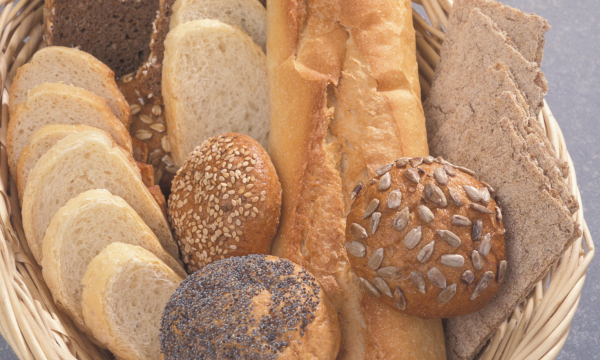Project aim:
ECOZEPT has been mandated by the conglomeration of Orléans (AgglO) to establish a feasibility study on the development of a supply chain for recycled bread by a local reintegration structure.
Activities of ECOZEPT:
With this objective Ecozept hat realized a literature study and a survey with more than 110 interviews. Furthermore ECOZEPT explored technical-economical scenarios and the conditions for the supply chain in accordance with local public and private actors as well as associations. An analysis of existing recycling supply chains in other regions in France could supplements the approach.
Client:
Orléans Métropole


 0more
0more



 0view all
0view all 